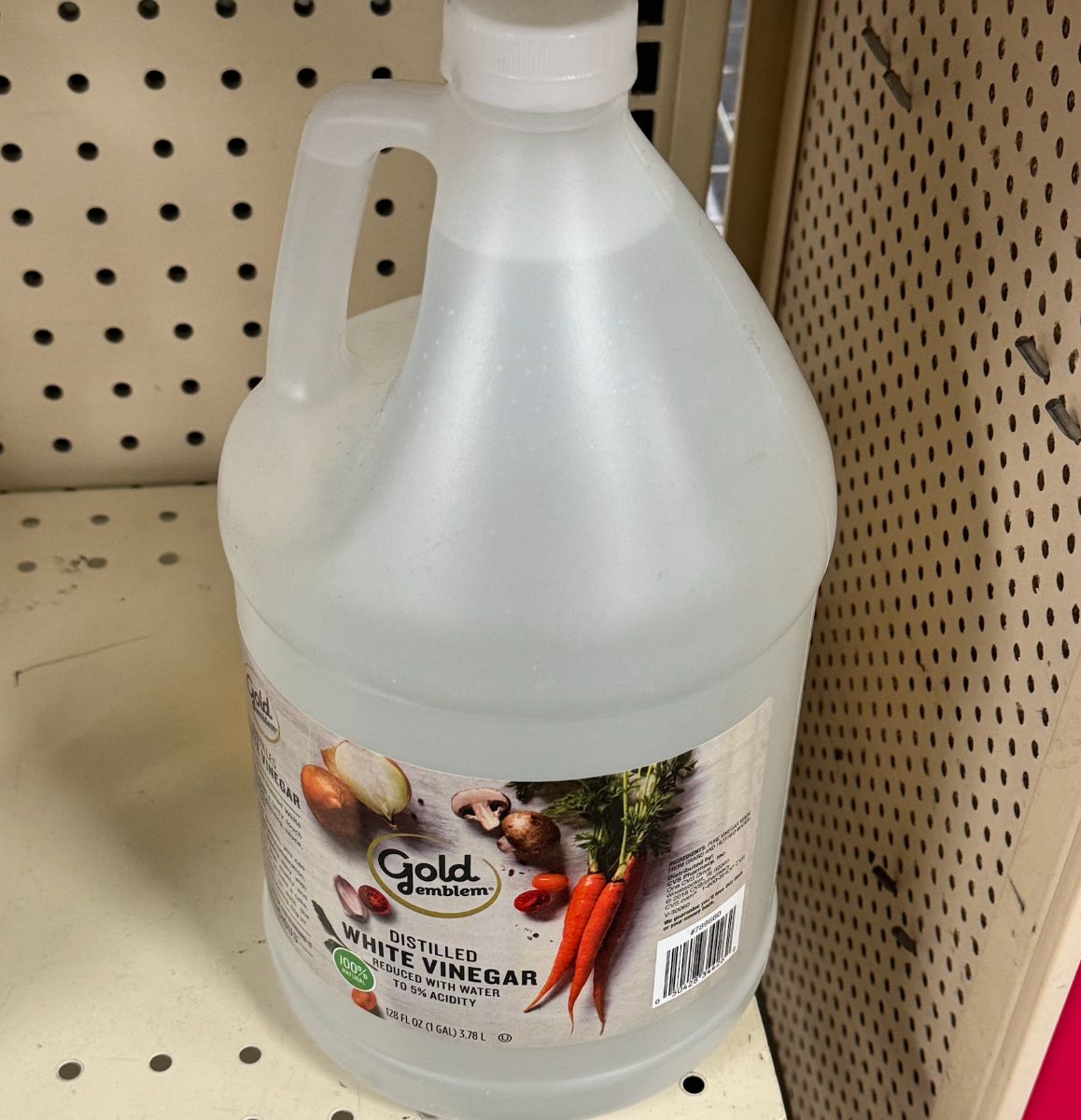Using vinegar on cast iron can break down the seasoning that gives the cookware its non-stick properties. It can also cause rusting if not properly dried afterward. Instead, clean cast iron pans with hot water and a brush or salt for stubborn stains, then re-season them with oil.
Egg Stains
Vinegar can actually make cleaning egg stains more difficult. The acid in vinegar can cause the proteins in the egg to coagulate, making it stickier. Instead, use warm soapy water to clean up egg spills.
Grout
While vinegar can be effective for many cleaning tasks, it is not the best choice for cleaning grout between tiles. Over time, it can erode the grout, causing it to weaken and become more susceptible to damage. Use a grout-specific cleaner or a mixture of baking soda and water for grout cleaning.
Stone and Ceramic Tile Floors
Similar to stone countertops, using vinegar on stone and ceramic tile floors can dull the finish and potentially harm the grout. Stick to mild, pH-neutral cleaners for these surfaces to maintain their appearance and longevity.
Irons
Cleaning your iron with vinegar might seem like a good idea, but it can lead to clogs in the steam vents and damage to internal components. Instead, follow the manufacturer’s instructions for iron cleaning or use a specialized iron cleaner.
Natural Fibers and Delicate Fabrics
Vinegar can be harsh on delicate fabrics like silk, wool, and cashmere. It can weaken the fibers and cause color fading or bleeding. Always check the care label on clothing and textiles, and opt for gentle, fabric-specific cleaners when necessary.
Dishwashers and Washing Machines
Using vinegar to clean dishwashers or washing machines might seem like a natural choice due to its cleaning properties. However, it can damage rubber seals and hoses over time. Instead, use specialized machine cleaners to keep your appliances in good working condition
